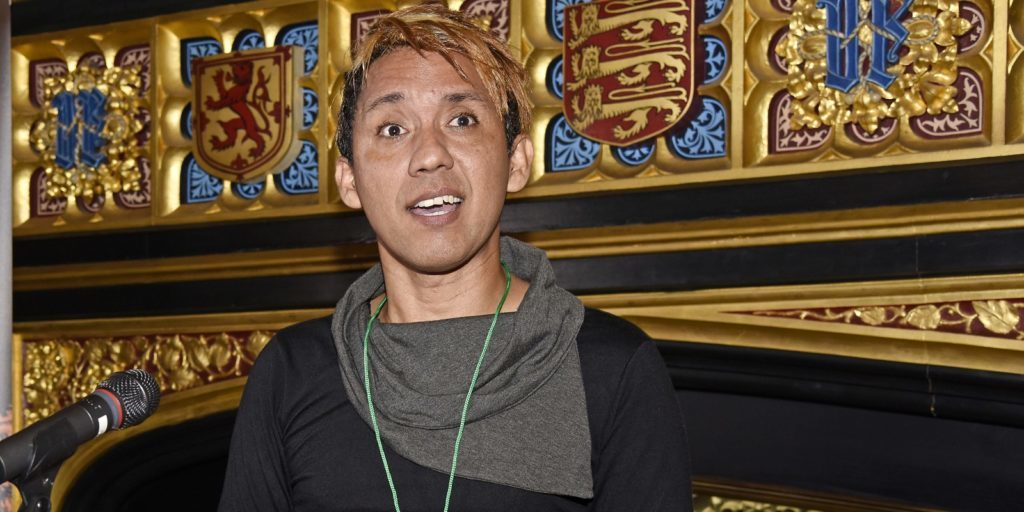Belize’s Appeal Courts just Unanimously Ruled that Gay Sex is Legal
A battle against an outdated colonial law has finally come to an end, after the court of appeals in Belize unanimously upheld a 2016 ruling that a ban on gay sex is unconditional.
Section 53 of the country’s criminal code, which dubbed same-sex desire as “against the order of nature”, was found to go against five sections of the constitution.
Belize, a small Anglophone Caribbean nation tucked into the eastern flank of Guatemala and Mexico, has been a battleground for LGBT rights for more than a decade.
It’s been a battle that started in 2010 and ended in 2019, rounding off the decade with a win for LGBT+ activists who tirelessly worked to get the ban dropped.
Their efforts proved successful in 2016. But soon after, both Belize’s government and the Catholic Church attempted to appeal the ruling.
However, on December 30, 2019, a three-judge appeal panel all rejected the appeal, cementing anti-discrimination protections for queer people conclusively, The Gleaner reported.
Upholding of ruling against gay sex ban branded a ‘renewal of hope’ by the campaign’s founder.
On the ruling, justice Samuel Awich said that the chief justice did not exceed the court’s power when he assigned the meaning “sexual orientation” to the word “sex” in the anti-discrimination Section 16 of the constitution.
He added: “Consensual sexual intercourse between adult gays or between adult lesbians in private does not harm the fundamental rights and freedoms of others, nor does it intolerably harm contemporary public interest.”

The other two appeal court judges on the panel were justices Murrio Ducille and Lennox Campbell.
Behind the battle to strip the gay sex ban was activist Caleb Orozco, who welcomed the court of appeal’s ruling.
“I have proven as a citizen that our fundamental rights have value and can be upheld by our courts, and that any alienated section of society can stand on principle and can go to court and use the fundamental rights to ensure that the state leaves no one behind,” he said.
“Today is a renewal of hope in the substance of the chief justice’s decision in 2016, which still stands.”
A 10 year battle for equality in Belize.
In 2010, Orozco’s legal team walked into the Belize Supreme Court Registry armed with a stack of papers that incited the first challenge in Caribbean history to the criminalisation of gay sex.
Stretched across three years, the Supreme Court first heard the case in 2013, but it took justices a further three years to reach a verdict.
Activists were speechless when the case finally came to an end as the ban was finally overturned. Orozco was later honoured with the David Kato Awardfor his efforts.
Many Caribbean activists hope that as more nations turn the tides against homophobic colonial traditions, it’ll create a domino effect.
Last year, a gay man caused shockwaves in the tiny Caribbean island of Dominica after he filed legal action against the county’s laws banning gay sex.
A similar battle has been waged in Africa, as though the continent has a rich queer-positive history, colonialism wove anti-LGBT laws into many African country’s penal codes.
In the push and pull between campaigners and lawmakers, the track record for change in Africa has been spotty and sluggish. Last year, Botswana courtsvoted to shelve the federal ban on gay sex.
But courts in Kenya voted to uphold the ban.